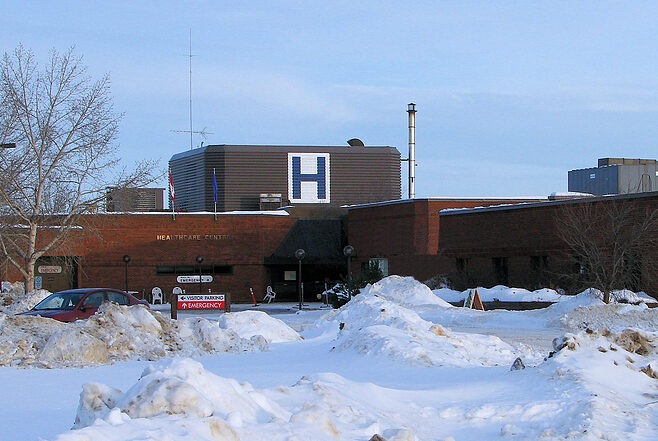In March, the Department of Health and Human Services notified New York that it intends to cut more than $300 million in federal funding to mental health, addiction and public health services. This is one example of how policy decisions made in Washington ripple through the lives of everyday Americans. In this case, no one will feel the effects more severely than rural New Yorkers.
According to federal officials, these cuts are part of a broader effort to curb spending and shift certain responsibilities back to states. While fiscal restraint is a valid goal, slashing funds without a transition plan for vulnerable populations creates immediate harm. These cuts — affecting the New York State Department of Health, the Office of Addiction Services and Supports and the Office of Mental Health — will be felt across the state, particularly by rural communities — many of which supported Republicans in 2024. Instead of blunt reductions, policymakers should explore smarter alternatives such as targeted waivers, flexibility grants or performance-based incentives that protect care access while still pursuing efficiency.
Though the move could have political implications for the Republican Party, this is not a partisan issue; it’s a public health crisis. Republicans nationwide should take notice.
Rural New Yorkers face distinct challenges. In counties like Lewis, Wyoming and Steuben, residents live far from major medical centers. Access to specialists — especially for mental health and addiction treatment — is limited. Local clinics are often supported by federal dollars, allowing them to provide critical care where private investment doesn’t reach. When those dollars disappear, the services often do too. As recently as January 2025, federal dollars in the form of an investment from the Health Resources and Services Administration totaled $4.3 million.
That’s what makes these cuts so dangerous. They don’t just tighten a budget — they unravel the already-thin threads holding together rural health infrastructure. From mobile mental health units to opioid recovery centers, the programs at risk are not excessive or wasteful. They’re essential.
This is particularly urgent as New York continues to grapple with overlapping crises: an opioid epidemic that has not abated, rising rates of youth mental health distress and re-emerging public health threats like measles. The ability of counties to respond effectively depends on sustained, reliable federal support.
For rural areas, that support makes the difference between getting help and falling through the cracks.
Gov. Kathy Hochul has rightly stated that no state can fully backfill the loss of such large-scale federal aid. That means local governments will be left to make hard choices: lay off staff, reduce services or eliminate programs. In areas already designated by the federal government as health professional shortage zones, those aren’t just tough decisions, they’re dangerous ones.
There’s room here for common ground. Regardless of political affiliation, we agree that families should be able to access addiction treatment, that children struggling with mental health deserve care, and that rural communities should not be forgotten in budget negotiations.
Conservatives have long argued for smart, efficient government, but cutting vital services that serve as a lifeline to underserved populations isn’t smart, and it certainly isn’t efficient. It leads to worse outcomes, higher emergency costs and more strain on already overburdened systems.
Republicans in Congress, especially those who represent rural districts, have an opportunity — and a responsibility — to preserve the infrastructure necessary to sustain healthy, resilient communities.
These programs aren’t handouts. They’re safeguards, allowing people to get back on their feet, stay in the workforce, raise healthy families and contribute to their communities. In their effort to shrink “Big Government,” Republicans should be careful not to cut critical investments in the people and places that keep states strong. That means defending the integrity of rural health systems.
Budgets are not just financial documents. They are reflections of our priorities. If we claim to care about rural America, then our budgets must show it. Otherwise, the consequences will not be political — they will be deeply personal, and painfully real.


